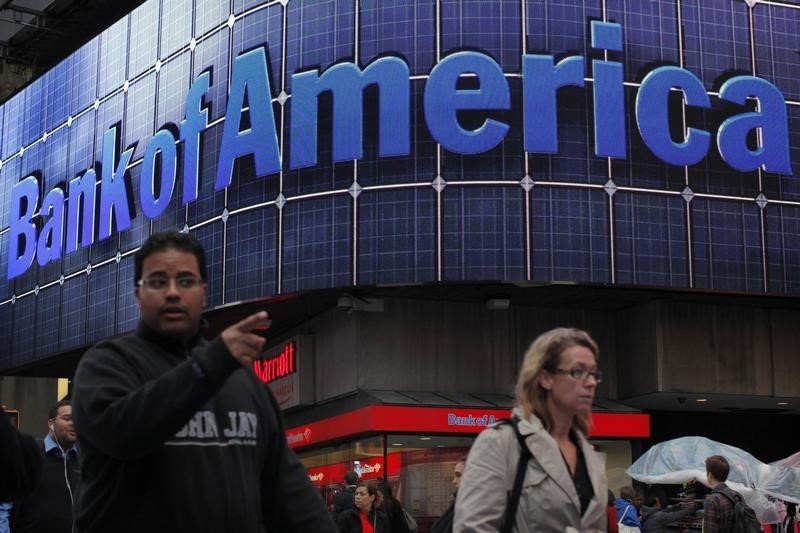Investing.com -- In a note Friday, Bank of America (NYSE:BAC) addressed five crucial points for investors ahead of the 2024 U.S. election.
While politics can affect certain sectors, BofA argues that “profits accelerating are far more important than who is sitting in the Oval Office.”
The bank also highlights how sector-specific impacts, rather than broad market trends, are likely to dominate.
Does Politics Matter for Stocks?
BofA downplays the influence of election outcomes on overall stock performance, stating that the focus should remain on profits. However, they caution that “politics can make or break sub-sectors,” with potential impacts varying across industries.
A Political Uncertainty Overhang?
Despite typical pre-election volatility, the S&P 500 has hit new highs. However, BofA notes the VIX—often a measure of market anxiety—remains 30% higher than its July average. "Thus, after November 5 and assuming we have a result, all else equal, one should expect lower volatility," BofA said.
What Do Different Election Outcomes Mean for Investors?
A common view is that a Republican “red sweep” would benefit business with less regulation, while a Democratic “blue sweep” could hurt with higher taxes. However, BofA offers a different take, saying a TikTok ban under a blue sweep could benefit US Online Media, “while Clean Energy and Managed Care could see pressure under a red sweep.” Expiring tax cuts also complicate the typical belief that “gridlock is good.”
Surprising soundbites
BofA says that homebuilders might perform better under Harris due to immigration-driven labor shortages hurting construction. Electric vehicle tax credits could be at risk in a red sweep, “despite Elon Musk being a vocal supporter of Trump.”
A stock picker’s market
This is “a stock picker’s market,” BofA emphasizes, highlighting rising idiosyncratic risks. They suggest investors focus on sector-specific dynamics rather than passive index investing, citing shifting demographics, re-shoring trends, and anti-monopoly scrutiny as key factors shaping the investment landscape.
